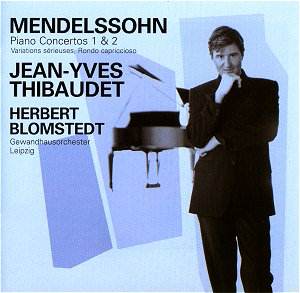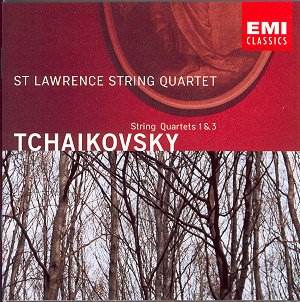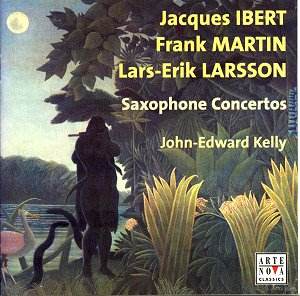 Composer: Pavel Pabst
Composer: Pavel Pabst
Works: Fantasie sur l’opéra “Mazeppa” (Tchaikovsky); Paraphrase de concert sur l’opéra “Eugene Onegin” (Tchaikovsky); Réminiscences de l’opéra “Le Demon” (Rubinstein); Paraphrase de concert sur le ballet “La Belle au bois dormant” (Tchaikovsky); Berceuse (Tchaikovsky Op. 16 No. 1); Illustrations de l’opéra “La Dame Pique” (Tchaikovsky)
Performers: Oleg Marshev – Piano
Recording: Cultural Institute, Milan, September 1996
Label: Danacord DACOCD450
Pavel Pabst, a figure often overshadowed by the luminaries of his era, emerges from the historical mists with a collection of paraphrases that resonate with the spirit of late Romanticism. Born in 1854 in Königsberg, Pabst was not merely a composer but also a distinguished pedagogue, having studied with Liszt and later influencing notable composers like Medtner. His paraphrases, steeped in the operatic and balletic traditions of Tchaikovsky and Rubinstein, offer a fascinating glimpse into a musical world where the virtuosity of piano playing was celebrated and sought after in both concert halls and intimate salons.
Oleg Marshev’s interpretation of these works illuminates Pabst’s skill in transforming operatic highlights into intricate piano compositions. The opening piece, the “Fantasie sur l’opéra ‘Mazeppa,'” sets a vibrant tone, with Marshev deftly navigating the turbulent themes and lyrical passages. His touch is remarkably expressive, showcasing the dramatic contours of Tchaikovsky’s original while injecting a fresh vitality into the paraphrase. The technical demands of the piece are evident, yet Marshev’s command of dynamics and articulation reveals a deep understanding of the music’s emotional landscape, avoiding the temptation to merely display virtuosity for its own sake.
The recording quality is commendable, capturing the full spectrum of the piano’s tonal colors. Each note rings with clarity, allowing the listener to appreciate the subtleties of Marshev’s phrasing. In the “Paraphrase de concert sur l’opéra ‘Eugene Onegin,'” the familiar waltz melodies are rendered with a delicate balance of nostalgia and brilliance. Marshev’s interpretation here is particularly noteworthy; he manages to bring forth the charm of the waltz while incorporating flourishes that enhance rather than overshadow the original themes. The nuanced voicings and careful pedaling create a lush soundscape that invites the listener to revel in the beauty of Tchaikovsky’s melodic gifts.
Throughout the recording, Marshev exhibits a remarkable ability to maintain the essence of the original works while allowing his own interpretative voice to shine. The “Réminiscences de l’opéra ‘Le Demon'” demonstrates this skill particularly well, where his phrasing allows the hauntingly beautiful melodies to unfold organically, evoking the drama inherent in Rubinstein’s music. The technical complexity of these paraphrases, which could easily become overwhelming, is handled with a sense of ease that belies their difficulty.
When comparing this recording to other notable interpretations of Pabst’s work, it stands out not only for its technical proficiency but also for its interpretative depth. While many pianists may approach similar repertoire with a focus on speed and dexterity, Marshev’s artistic choices reveal a thoughtful engagement with the music’s narrative and emotional core. His ability to weave intricate passages into a coherent musical tapestry enhances the listening experience, making this collection not merely a showcase of technical prowess but a genuine artistic statement.
The care with which Marshev approaches each piece reflects a commitment to honoring Pabst’s legacy while also engaging with the material in a contemporary context. The final track, “Illustrations de l’opéra ‘La Dame Pique,'” encapsulates this ethos beautifully. Marshev’s interpretation captures the operatic essence of Tchaikovsky’s themes, underscoring the drama without losing sight of the intrinsic lyrical beauty that characterizes the original work.
This recording of Pabst’s paraphrases stands as a testament to the skill of both the composer and the performer. Marshev’s execution is not only technically accomplished but also rich in interpretative insight, breathing new life into these pieces that might otherwise remain in obscurity. For those willing to explore this lesser-known repertoire, the CD offers a rewarding journey through the tunes that once captivated audiences, rendered with elegance and artistry that are deserving of a wider recognition.



